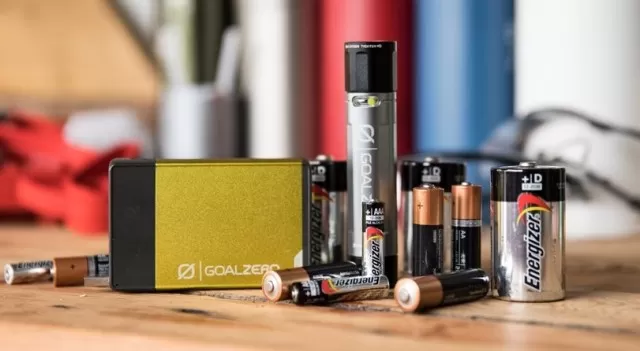To safeguard your possessions, your basement’s condition, and your peace of mind, here’s a list of items you should avoid storing in the basement
Firewood Caution

Excessive moisture levels can lead to the decay and deterioration of firewood, which is unfortunate given the potential cost involved, especially depending on your location and the season.
To address this issue, consider alternative firewood storage solutions, such as making space for it in your Living Room or storing it in an outdoor shed.
Electronics at Risk
Even if you haven’t used certain electronics like a DVD player for years, and you entertain the thought of using them again someday, stowing them in the basement isn’t advisable.
The basement’s fluctuating temperatures and humidity can easily corrode electronics, rendering them unusable in the future.
Instead, designate space in a TV console, coffee table, or Home Office closet to organize the electronics you still occasionally use.
For electronics you no longer need due to damage or obsolescence, consider locating a local electronics recycling center to dispose of them properly.
Batteries Beware

Similar to electronics, batteries are susceptible to corrosion when exposed to moisture for extended periods.
They can release harmful gases if subjected to excessive moisture and might even explode in excessively hot conditions. Consequently, it’s wise to avoid storing batteries in the basement, whether they’re backup batteries or currently inside electronic devices.
You can safely store batteries in other areas of your home, provided you maintain a cool, dry environment.
Additionally, investing in a specialized battery organizer that also assesses their remaining lifespan is a prudent choice.
Flammable or Hazardous Chemicals

It’s a common practice to leave partially used cans of primer or bulk cleaning supplies in the basement for future use.
However, it’s worth reconsidering this habit, particularly if your basement houses a heating source. Flammable substances, ranging from paint to propane, should be kept well away from water heaters, furnaces, or even dryers if your basement doubles as a laundry area.
Much like batteries, chemicals can leak and emit dangerous fumes if not stored in a properly ventilated space, and combustible liquids or gases may explode if exposed to high temperatures.
So, how should you manage these items? While it’s technically possible to store paint in the basement, do so correctly by placing it in an open area far from any heat sources.
You can follow the same approach with cleaning products, especially if your basement maintains consistent low temperatures and humidity levels throughout the year. However, consider the possibility of replacing commercial cleaners with non-toxic alternatives or organizing them in a dedicated cleaning closet upstairs.
Use high shelves in the garage or shed for storing pesticides, fertilizers, pool chemicals, and gas cans, ensuring they are kept safely away from potential ignition sources.
*The information is for reference only.